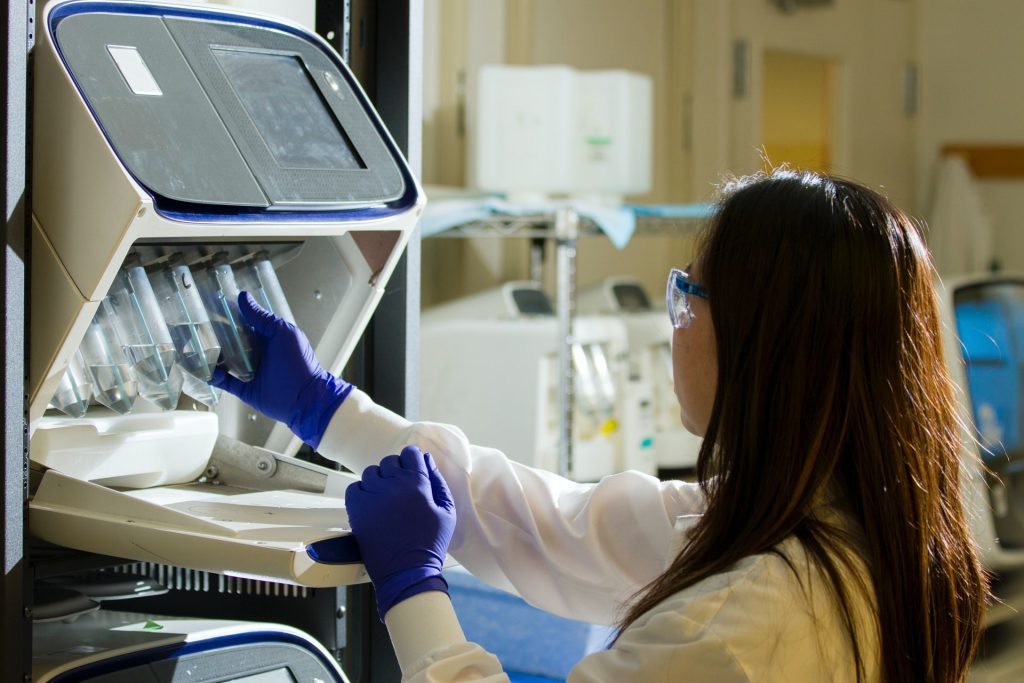After COVID, Experts Advise Against Universal Masking in Healthcare

While masking was a critical preventative measure to protect healthcare workers, patients and visitors during the COVID pandemic, infectious disease researchers argue against masking, saying that that as the pandemic dies down, the routine use of masking should be reconsidered. Previous policies over healthcare masking use against SARS-CoV-2 transmission were formulated against a background which assumed no population immunity and no countermeasures.
In editorial published in Annals of Internal Medicine, the authors argue for the discontinuation of universal COVID masking in healthcare settings as infection rates and mortality have fallen and access to testing and therapeutics is widespread, as is immunity. Universal masking is therefore no longer of benefit and its own drawbacks, such as facial irritation and hindering communication, are more of a hinderance.
In addition to difficulties faced by speakers of different languages as well as the hard of hearing, masks have a number of detrimental effects for communication. “The increase in listening effort required when masks are used in clinical encounters is associated with increased cognitive load for patients and clinicians,” the authors wrote. In addition to making clinicians’ jobs harder, they also impact the all-important clinician–patient relationship, as face masks “obscure facial expression; contribute to feelings of isolation; and negatively impact human connection, trust, and perception of empathy.”
Healthcare workers should instead adopt an approach for SARS-CoV-2 similar to that of any other endemic respiratory disease. Drawing on the experience of the COVID pandemic, they suggest a more flexible, responsive approach to masking policies. In response to future epidemics or localised outbreaks “may justify more widespread or targeted masking policies, respectively, as part of a bundled response. High-quality epidemiologic data with frequent updates and regular reevaluation are needed to inform scale-up or scale-down decisions.”


